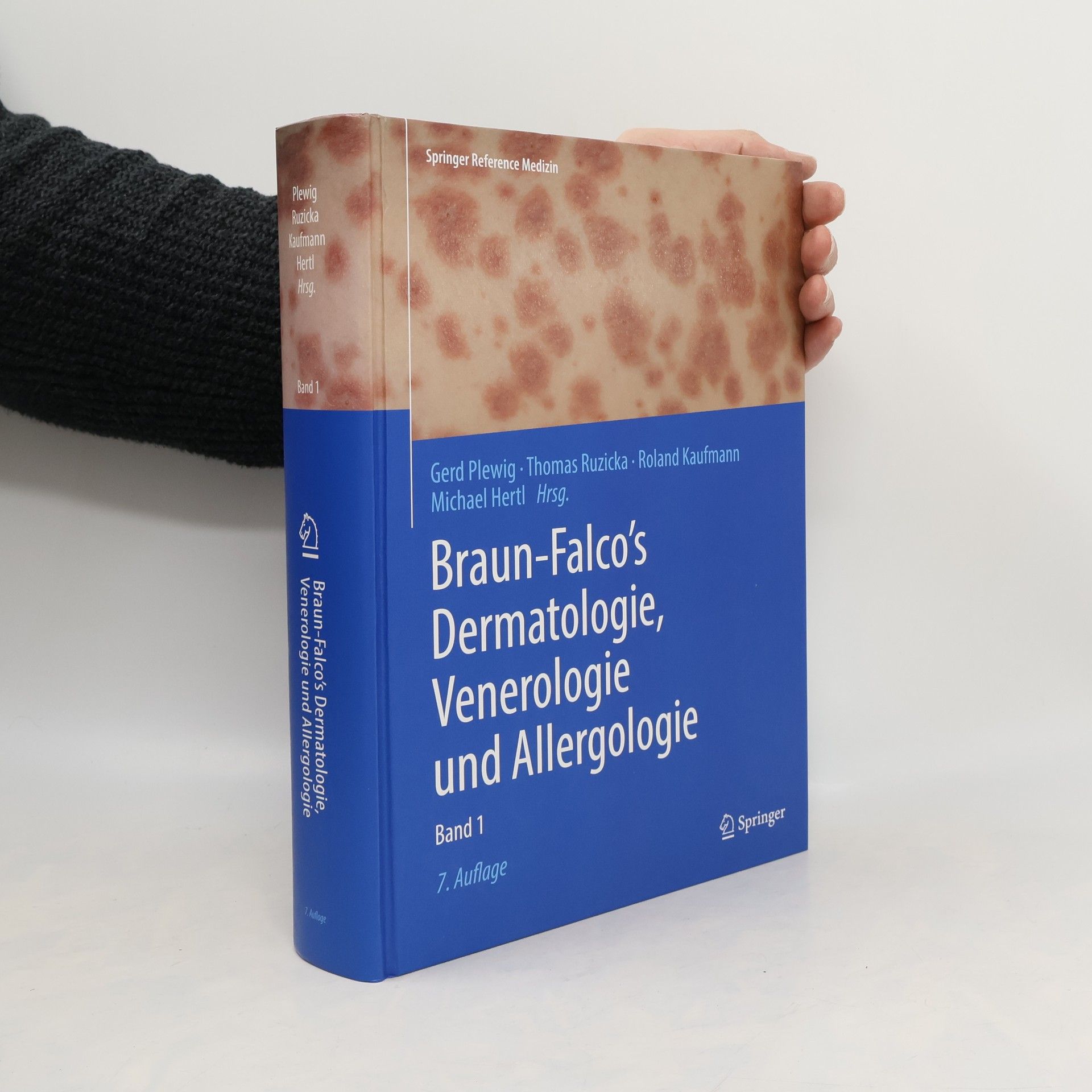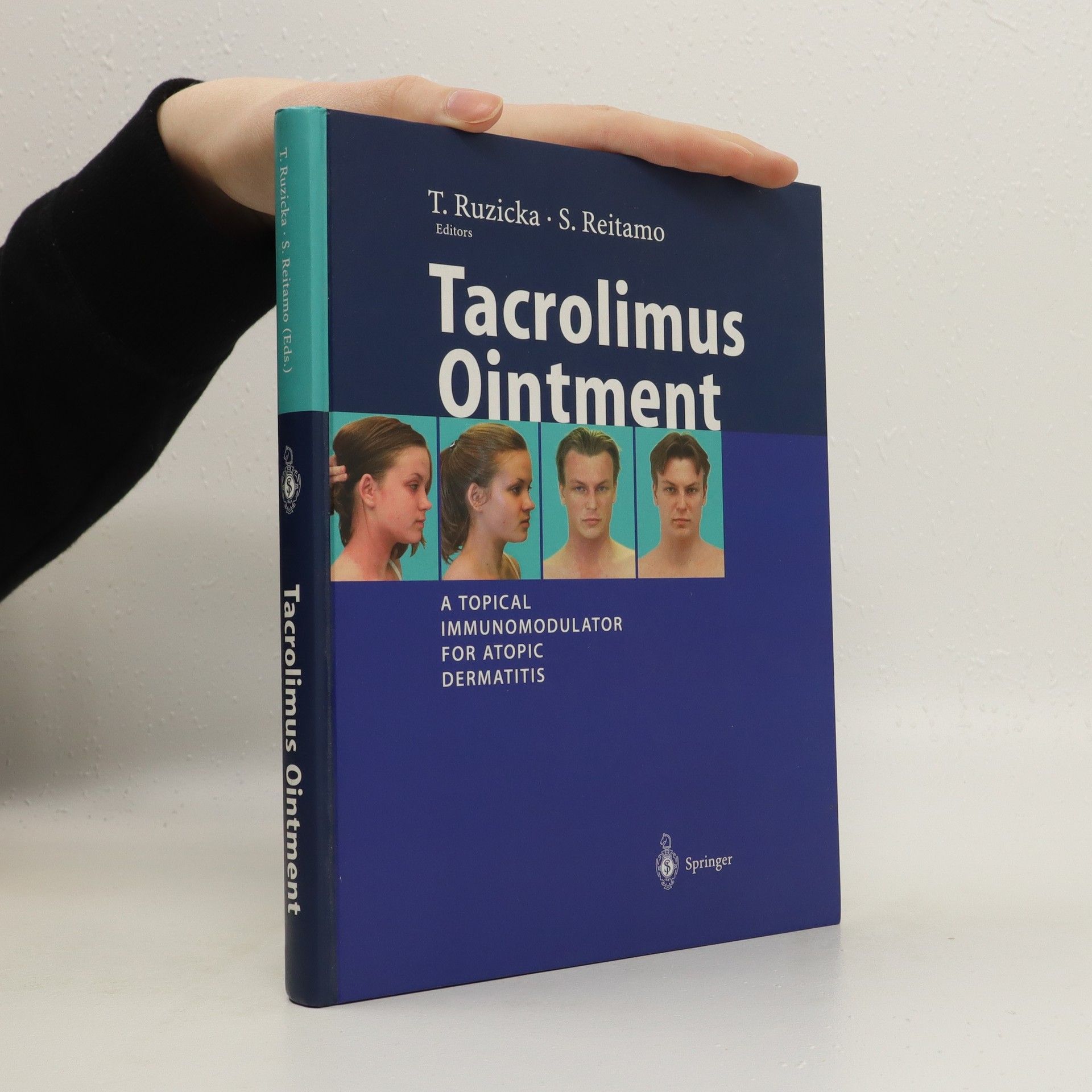Tacrolimus ointment : a topical immunomodulator for atopic dermatitis
- 250 stránek
- 9 hodin čtení
Therapeutic breakthroughs in medicine are usually accompanied by a wealth of data. Often they result in a change of disease treatment paradigms. Tacrolimus ointment is the first in the new class of steroid-free Topical Immunomodulators (TIMs), and as such represents the first true breakthrough since the introduction of topical steroids more than 50 years ago for the treatment of T-cell mediated inflammatory skin diseases such as atopic dermatitis. This book gives an easy-to-read overview of the discovery and the development of Tacrolimus ointment for the treatment of atopic dermatitis. Summarising the largest clinical trial program ever conducted in dermatology for a new treatment with more than 13000 patients, it offers a detailed insight into the efficacy and safety profile of Tacrolimus ointment. Based on this large body of data and extensive personal experience, the authors offer practical and hands-on guidance for the physician as to when and how to use Tacrolimus ointment in daily practice.

